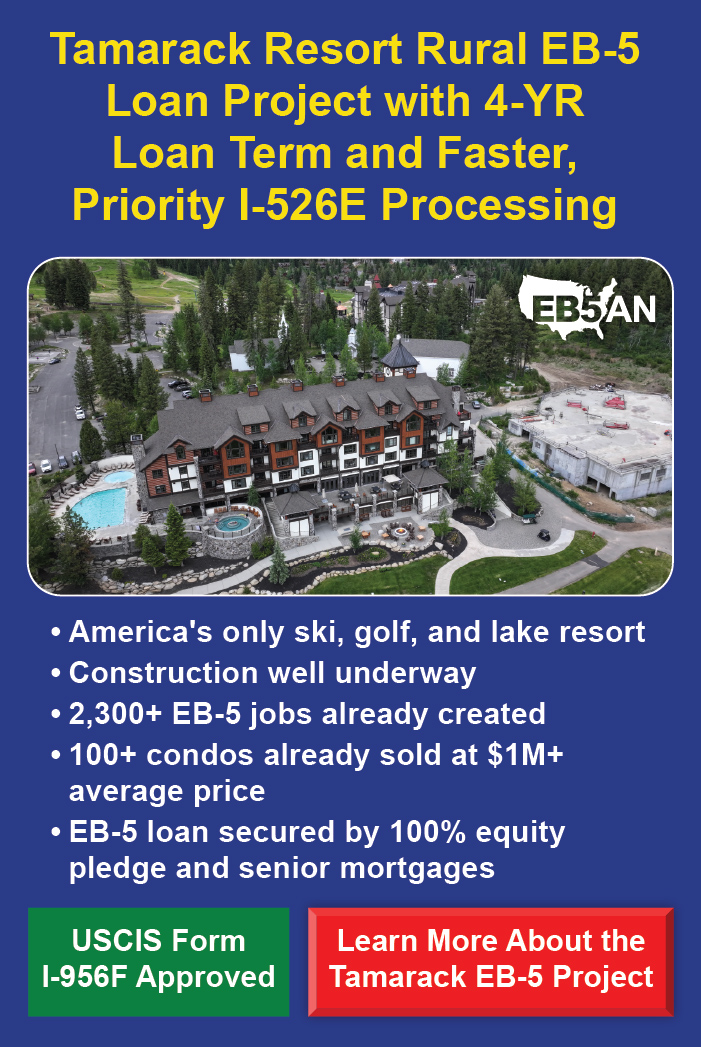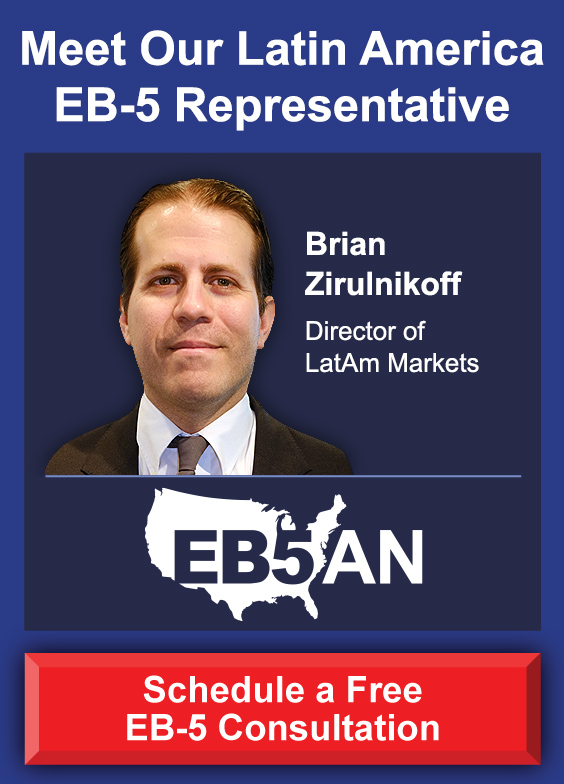Recent efforts by United States Citizenship and Immigration Services (USCIS) to ensure regional centers are fulfilling their purposes under the EB-5 Program have led to a trend of more frequent site visits. As USCIS has shuttered a significant number of regional centers in 2016 alone, site visits have become an increasingly relevant concern for project representatives, who must seek to satisfy any concerns brought up during these visits so as to illustrate a given project’s compliance with EB-5 Program requirements.
Additionally, aiming to curb instances of fraud within the program, the Fraud Detection and National Security (FDNS) division of USCIS has similarly initiated site visits for EB-5 projects. It is therefore crucial that the regional centers, new commercial enterprises (NCEs), and job-creating entities (JCEs) involved in an EB-5 project prepare for the eventuality of a site visit and adopt practical strategies to handle these visits and appropriately address any concerns raised. This article discusses four such strategies.
Prepare for the possibility of a site visit by working with an EB-5 attorney.
Certain issues that might otherwise precipitate a site visit can be avoided through proper preparation of financial documents and other materials submitted to USCIS as part of the EB-5 petition. An attorney experienced in the preparation of such materials can instruct the regional center and other project partners according to USCIS guidelines and can additionally ensure all materials are suitable for auditing in the event of a site visit. If concerns are raised during the visit, a knowledgeable EB-5 attorney can likewise help the regional center respond appropriately to address and remedy those issues with USCIS and get the project back on track.
Equally important is to ensure the attorney is present during the site visit. Whereas regional center representatives might be unsure of the scope of questioning permitted of USCIS agents, an attorney will interject if an agent veers off topic and can thus help direct the site visit and keep all parties on task. An attorney will additionally be equipped to prepare representatives for the types of questions USCIS agents may ask and can provide strategies to answer these questions clearly and in a manner that will satisfy the agents.
Request identification and contact information from visiting USCIS agents.
USCIS agents are required to present identification upon entry to a project site. This ID is necessary for security purposes and verifies to representatives on the site that the agents are authorized to conduct the site visit. However, because visiting agents will also serve as a point of contact between USCIS and the project, site representatives should request to photocopy any ID presented and should additionally make note of other contact information through which the agents can be reached. For example, if a point of concern is raised during the site visit, project representatives may wish to follow up directly on that issue with the visiting agents after consulting with attorneys and other relevant parties.
Accompany the agents on their inspection of the site.
The best course of action for project representatives is to guide USCIS agents to a comfortable setting where the agents can ask questions and review project documents. This allows agents and representatives to address any concerns thoroughly without distraction from construction or other site operations. However, it is likely that the agents will wish to tour the site as well, and the designated project representatives and attorneys should accompany the agents on that tour for the following reasons:
- The USCIS agents will be required to submit a report on whatever activities they witness during their inspection. If the regional center is asked to follow up on concerns after the site visit, representatives must be able to refer with clarity to whatever occurred during the inspection and thus should be present throughout.
- While certain representatives will have been walked through the site visit process by the project attorneys and therefore will have a good understanding of USCIS inspection protocols and the types of questions they may be asked, agents who tour the site unaccompanied may interview other contractors or employees at the site who are unequipped to answer such questions and may respond incorrectly or vaguely on crucial points.
Accompanying the USCIS agents allows project representatives to address concerns promptly and thoroughly and thus proactively avoid the need for further investigation.
Take note of any concerns brought up during the site visit.
As mentioned above, recent concerns with fraudulent actors working within the EB-5 Program have prompted USCIS to increase its oversight of projects. If any concerns or discrepancies are highlighted during a site visit, USCIS may exercise the discretion to share that information with other government agencies such as the Securities and Exchange Commission (SEC) so further action can be taken as necessary to protect the interests of investors and enforce U.S. laws. Similarly, USCIS may pass along information to the Department of Labor or other relevant bodies if the need arises. For these reasons, regional centers must be prepared to respond to questions accurately and thoroughly to prevent any unnecessary escalation.











